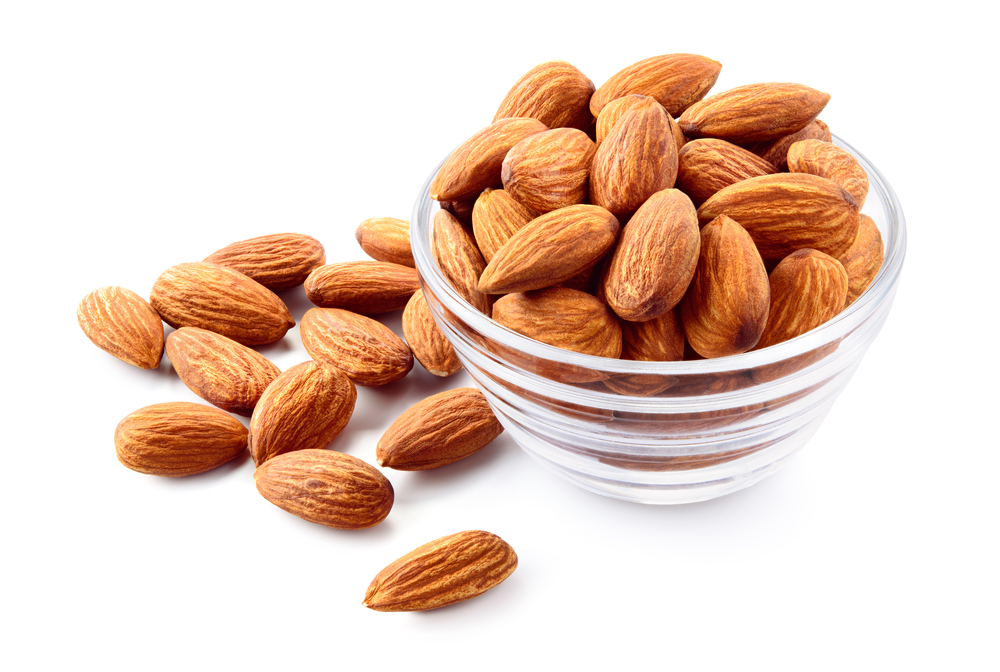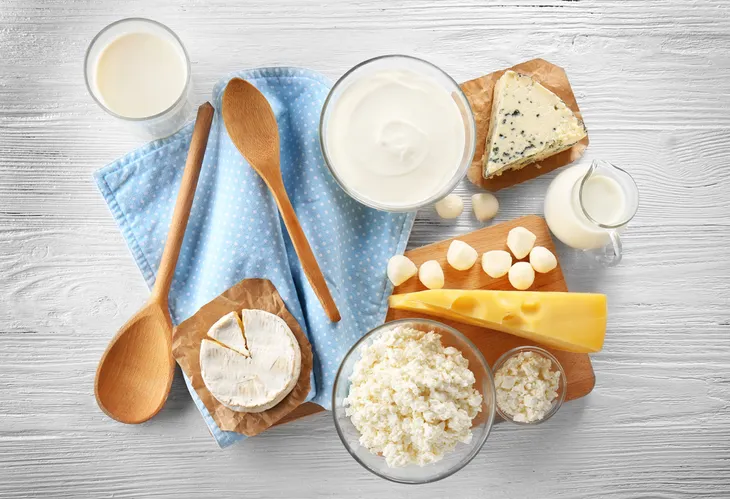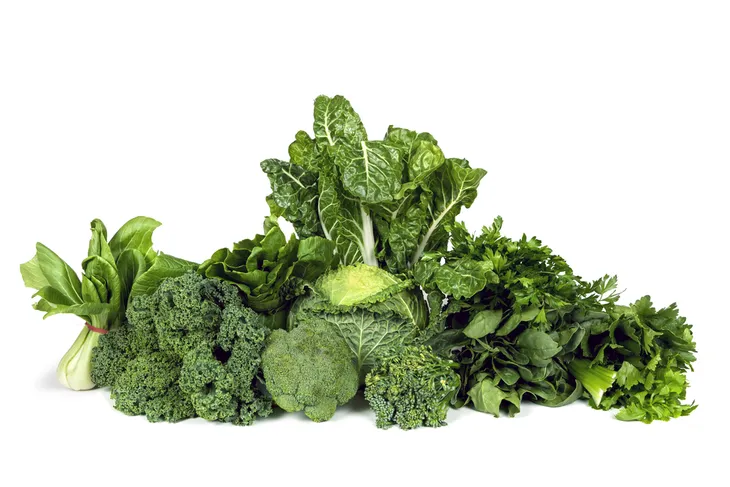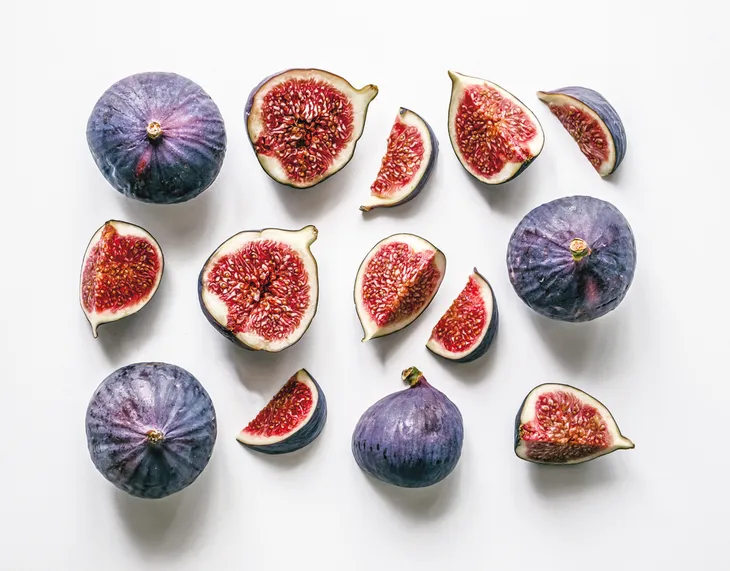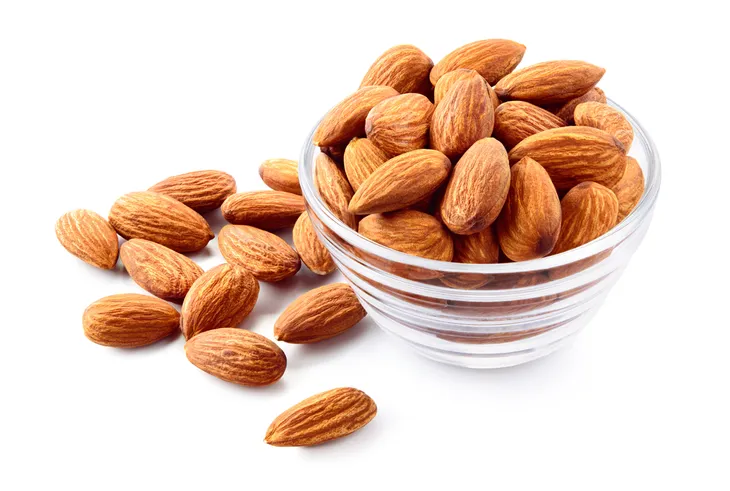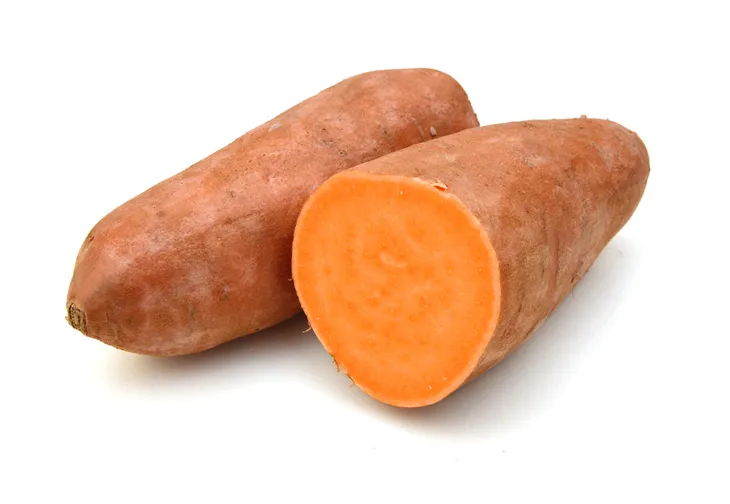Bone health is something that the young and healthy often take for granted, but without proper care throughout youth and adulthood, bones can deteriorate rapidly with age and may lead to conditions such as osteoporosis, which is the loss of bone mass, and osteogenesis imperfecta, bones that break or fracture easily.
While there are several ways to maintain strong bones throughout life, such as exercise, a healthy body weight and regular exposure to the sun, one of the most effective methods is through diet.
Bones require a variety of nutrients—including calcium, potassium, magnesium and vitamins C, D and K—to maintain their strength and density over time, and these eight foods are great natural sources. So, be sure to add them to your cart when buying groceries this week!
Dairy Products
Dairy products are well-known sources of calcium, but many are also fortified with vitamin D, making them extra beneficial for bone health.
Just one cup of milk contains approximately 30-percent of the recommended daily intake of calcium, and one cup of plain, low-fat yogurt provides a whopping 42-percent, according to the National Institutes of Health’s Office of Dietary Supplements. While cheese is not a significant source of vitamin D, and is rarely fortified with it as milk and yogurt often are, Health.com says that just 1.5 ounces of cheddar has over 30-percent of your daily value of calcium.
Eggs
Although not a source of calcium, eggs do provide a small dose of vitamin D. According to Health.com, one egg yolk contains 6-percent of the recommended daily intake. While eggs are often known as an excellent protein source because of the whites, it is necessary to consume the yolk as well to take advantage of their bone-boosting benefits.
In addition to vitamin D, eggs contain phosphate, of which more than half of all bone is made. In a study conducted by Robert P. Heaney, MD, of Creighton University, it was discovered that “calcium needs phosphorus to maximize its bone-strengthening benefits.” This makes consuming eggs—and other sources of phosphate such as cereals and meats—in conjunction with foods containing calcium, essential elements to keeping your skeletal system in its best condition.
Salmon
Salmon, and other fatty fish such as sardines and mackerel, are excellent sources of vitamin D. According to Health.com, a 3-ounce piece of sockeye salmon contains more than 100-percent of your daily value.
While fresh fillets are often considered the best way to consume fish, in this case it may be best to buy salmon canned. Why? Because the small, soft bones that are included with the meat contain a high amount of calcium. Just three ounces has 183 milligrams, states WebMD.
Leafy Greens
It may come as a surprise to learn that leafy greens are an excellent source of calcium. In particular, those which are very dark in color, such as bok choy, Chinese cabbage, kale, collard greens and turnip greens. According to WebMD, one cup of cooked turnip greens has about 200 milligrams of calcium, which equates to approximately 20-percent of your recommended daily intake. Additionally, the source notes, “dark greens also have vitamin K, which can reduce your risk for osteoporosis.”
While spinach is often included in this group of vegetables, Healthline.com states “it contains oxalic acid, which makes the human body unable to absorb its calcium.”
Figs
One of the sweeter ways to get more calcium into your diet is by eating figs. When they are in season, typically during the summer and falls months of the year, try adding them to salads or on homemade pizza. They are also delicious to eat simply on their own. According to WebMD, five medium fresh figs have around 90 milligrams of calcium, which equates to about 10-percent of your daily intake.
Alternatively, you can find them year-round in dried form at your local bulk food store. Just half a cup of dried figs has 120 milligrams of calcium.
Grapefruit
Another fruit with bone-strengthening benefits is grapefruit. An excellent source of vitamin C, one medium red grapefruit contains 120-percent of the body’s daily needs, says Livestrong.com. The reason vitamin C is so essential to one’s diet, the source notes, is because “collagen is 90-percent of the organic bone matrix that stores minerals, and healthy collagen formation requires vitamin C.”
While grapefruit is among the best sources of vitamin C, if you’re someone who finds them a bit sour for your liking, other fruits such as oranges, strawberries, papaya and pineapples are delicious alternatives.
Almonds
Nuts of all varieties provide a multitude of health benefits, but when it comes to bone health almonds are the most beneficial. According to Livestrong.com, almonds are the only nuts that contain a valuable amount of calcium (approximately 8-percent of daily value). The source also notes that “almonds are an excellent source of bone-strengthening magnesium (20-percent of daily value), a nutrient that primarily resides in the body’s bones.”
To add variety to your diet, try pureeing almonds into butter form. WebMD states that just two tablespoons contains 112 milligrams of calcium.
Sweet Potato
An excellent source of both magnesium and potassium, eating sweet potatoes is a great way to boost bone health. According to WebMD, these nutrients are essential because “if you’re low on magnesium, you can have problems with your vitamin D balance, which may affect your bone health,” while potassium “neutralizes acid in your body that can leach calcium out of your bones.”
Try eating a medium-size sweet potato, baked with no salt. This simple side dish contains 31 milligrams of magnesium and 542 milligrams of potassium.
